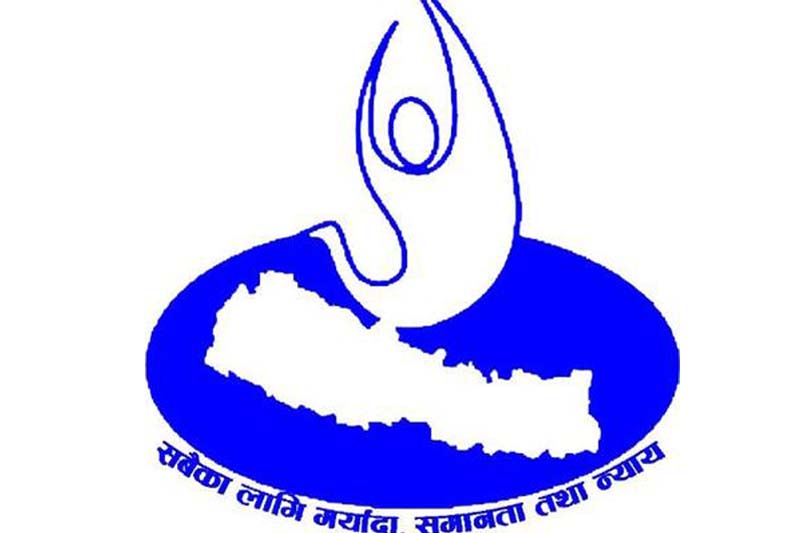Control pollution, NHRC tells government
Kathmandu, November 16
The National Human Rights Commission has recommended that the government mitigate the adverse impacts of environmental pollution on public health and promote cleanliness in Kathmandu valley to ensure that the citizen’s right live in a clean environment is not violated.
Article 35 (4) of the constitution establishes each citizen’s right to safe drinking water and sanitation as fundamental rights. Similarly, Article 30 (1) says that each citizen shall have the right to live in a clean and healthy environment and enjoy compensation for the harm caused by pollution.
On a complaint received by the NHRC regarding the ‘right to clean environment’ from valley denizens, the rights body delivered a set of recommendations to the Office of the Prime Minister and Council of Ministers to uphold the fundamental rights of citizens and respect the earlier orders of the Supreme Court.
The NHRC said unplanned digging of roads, poor implementation of development projects, unsafe disposal of hospital and industrial wastes, air pollution due to dust and smoke emitted by brick kilns, vehicular emission, irregular collection and disposal of household wastes, delay in blacktopping roads and haphazard dumping of construction materials, among others, were responsible for increasing environmental pollution in the valley.
The NHRC recommended that the government develop a schedule comprising the date of commencement and completion of construction work before implementing development activities and cause the contractor to abide by pollution control measures as set forth in the laws. It also asked the government to formulate a law which empowered the concerned authorities to impose on-the-spot fine on vehicles not meeting the existing emission standards.
The rights body told the OPMCM to set up vehicular emission testing facilities in entry points of the valley and make the green sticker mandatory for vehicles throughout Kathmandu, Lalitpur and Bhaktapur. It is limited to the Ring Road and is applicable to only four-wheelers and three-wheelers so far. The NHRC recommended that the government bring motorcycles and scooters under the provision of regular exhaust emission, besides increasing the number of vehicular emission testing facilities from the existing three.
The rights body has directed the government to segregate wastes in sources, collect them separately and dispose of waste in landfill site, rid the valley of visual pollution caused by posters and pamphlets pasted on utility poles, determine time schedule for collection of waste in every areas, control stray cattle, repair/maintain the road from Balaju to Okharpauwa where the landfill site is situated, manage chemical wastes produced by hospitals and factories, enforce the emission standards set for brick kilns, make a provision of regular check-up of persons and children working in brick kilns, and clean roads and footpaths by 6:00am every day.
The NHRC also recommended that the government formulate necessary law which required the concerned polluters to pay compensation to the pollution victim as per Article 30 (2) of the constitution. The rights body has urged the government to inform it about the implementation of recommendations within three months.






